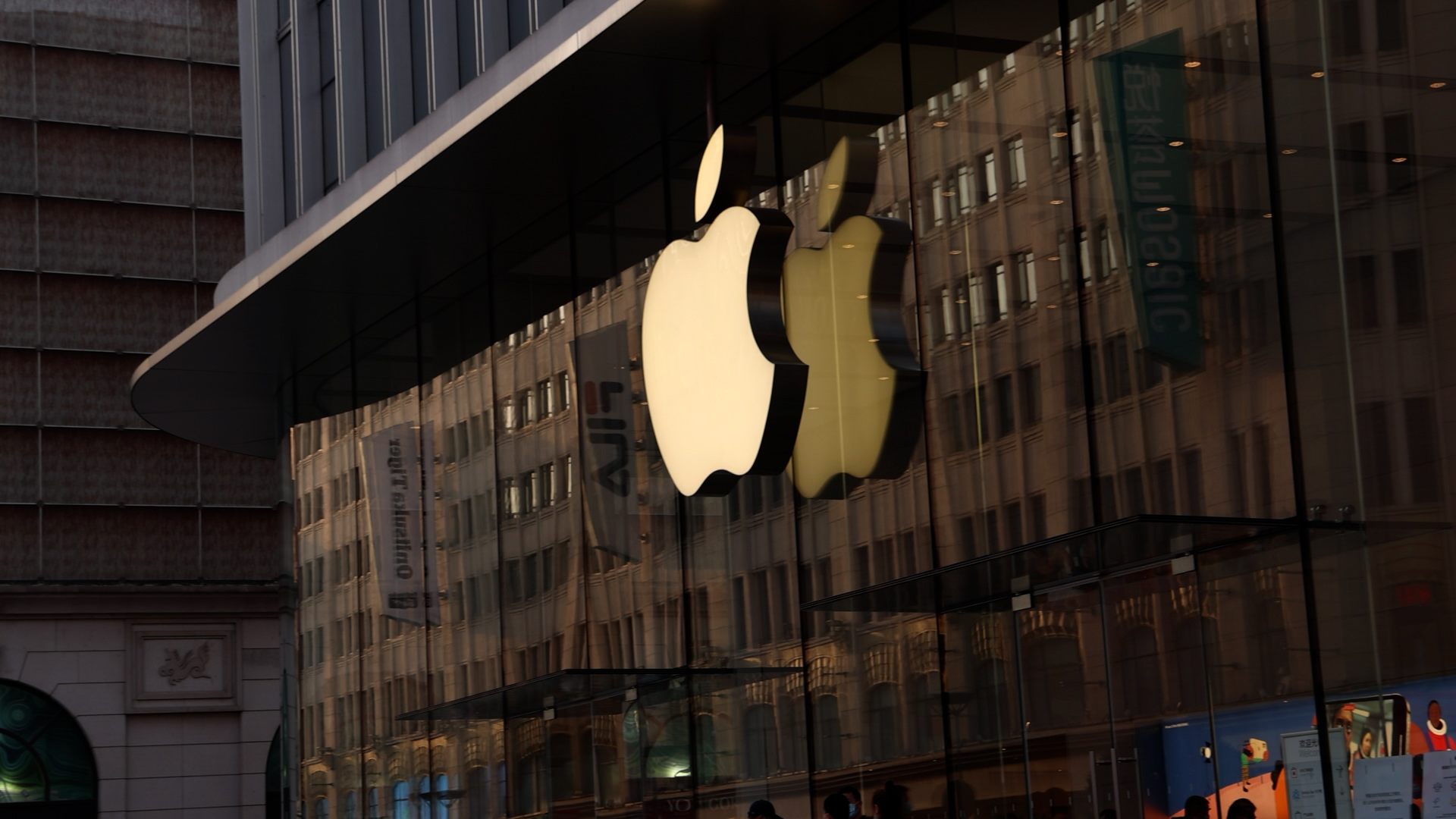
By Li Panpan
Apple has notified several suppliers to make fewer components for AirPods, the Apple Watch, and MacBooks for the first quarter, citing weakening demand, Chinese mainland assembling company LuxShare Precision (立讯精密) could be hurt most, along with other Taiwan companies, according to Nikkei Asia and other Chinese language press.

"Apple has alerted us to lower orders for almost all product lines actually since the quarter ending December, partly because the demand is not that strong," a manager at an Apple supplier told Nikkei Asia. "The supply chain in China is still trying to cope with the latest abrupt policy turns, which brought a shortage of laborers because of the sharp COVID surges."
Industry insiders pointed out that AirPods and Apple Watch are currently produced by the Chinese mainland companies, among which Luxshare Precision won the vast majority of assembly orders for Apple Watch. Goertek was previously the main assembler for AirPods, but it was reported that Apple transferred AirPods orders to Luxshare Precision, which might be severely affected by the order cuts, said an Economic Daily report.
Tech manufacturers initially welcomed the turnaround in Chinese mainland after three years of fighting to maintain operations under the strict COVID measures. But now they face the challenge of embracing a new normal of rising infections and looser controls, said the Nikkei Asia report.
Alicia Garcia Herrero, chief economist for Asia Pacific at Natixis, predicted a "noticeable" impact on manufacturing from the opening up. "However, it might not last too long if most major cities manage to peak by the end of Chinese New Year," she added. "In a nutshell, I believe a lack of external demand will be an even more important factor for China's manufacturing sector in 2023."
"More than half of our team has tested positive, and of course, we face disruptions in output," the manager of a print circuit board supplier in (eastern China’s ) Jiangsu Province that serves Apple and Intel told Nikkei. "But demand happened to be quite lackluster, so we just asked staff to take some leave."
For now, tech manufacturers are reluctant to cut back on staffing despite the gloomy demand outlook, for fear of repeating the headaches they experienced this year.
Foxconn's complex in Zhengzhou, the world's biggest iPhone-making site, suffered a labor shortage following a COVID outbreak in late October. Now it is offering bonuses of up to 14,000 yuan ($2,013) and asking employees to refer more recruits.
Other manufacturers in the tech supply chain, including Jabil in Chengdu, Pagatron in Shanghai and LY iTech in Shenzhen, also raised wages and bonuses for workers earlier this month after a large number of workers quit amid COVID outbreaks or left early for the Chinese New Year holiday, which starts on January 20.
There is also optimism that the new year will bring change for the better. "Most of us hope the surge of COVID waves will peak around February and could gradually return to normal starting in March," a manager with SMIC, China's top chipmaker, told Nikkei Asia.
Jonah Cheng, chief investment officer of private equity firm J&J Investment, is likewise optimistic.
"The electronics supply chain is still at the stage of digesting excessive inventories rather than starting to churn out massive components, but the bottom of the downturn will hopefully come in the first quarter of 2023," Cheng said.
"It's actually a good sign that China is heading to reopen its doors," he added. "There must be a lot of disruption in the short term, but in the coming quarters, [the reopening] could be good to stimulate the economy and could pave ways for a recovery."
RELATED
-
BYD plans to establish a sodium-ion battery plant in eastern China’s Xuzhou with an investment of RMB10 billion ($1.4 billion)
11-20 17:51 -
Apple’s Chinese supplier Luxshare Precision gives up $330 million investment in India
11-20 17:28 -
European Commission President von der Leyen will visit China in wake of the EU’s ongoing probe into China’s subsidies on EV industries
11-20 16:59
READ MOST

No Data Yet~







